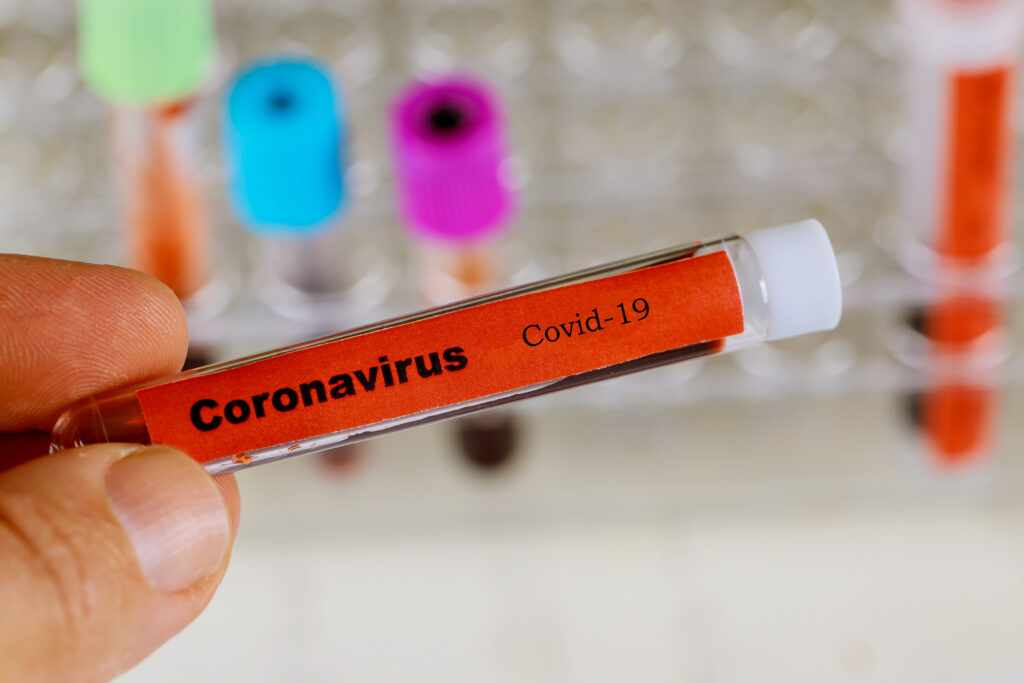Convalescent plasma therapy has shown no significant improvement in the treatment of patients hospitalised with COVID-19, according to a new study conducted in India.

The study, funded by the Indian Council of Medical Research (ICMR) and published in the British Medical Journal enrolled 464 adult patients, with an average age of 52. The individuals were studied between April and July and were split across a treatment group and a negative control group. The control group were treated using current standard treatment protocols, while 235 individuals in the treatment group received the same level of treatment with the addition of two transfusions of convalescent plasma.
While the convalescent plasma treatment did show an improvement after seven days in reducing minor symptoms such as shortness of breath and fatigue, more severe symptoms were shown to be unaffected by the treatment. The additional treatment did not reduce the number of deaths or the progression to severe disease within 28 days. The study said it showed “no net clinical benefit to patients”. The treatment is therefore not the “historic breakthrough” touted by United States President Donald Trump touted in August.
As previously reported by Health Issues India, the US Food and Drug Administration (FDA) announced in August that emergency authorisation had been granted for the use of plasma therapy to treat COVID-19 – the disease caused by severe acute respiratory syndrome coronavirus 2 (SARS-CoV-2) or, simply, coronavirus. However, even at the time of approval in the US, the efficacy of the treatment was under question.
FDA scientist Denise Hilton said “COVID-19 convalescent plasma should not be considered a new standard of care for the treatment of patients with COVID-19. Additional data will be forthcoming from other analyses and ongoing, well-controlled clinical trials in the coming months.”
Convalescent blood plasma therapy, in theory, operates through the transplant of blood plasma from patients who have recently overcome the disease. These individuals will have a high antibody count within their blood plasma which in some diseases will offer a short term immune response increase in those who receive the treatment.
“The poor performance of convalescent plasma in this trial is disappointing but not entirely surprising,” said Ian Jones, a professor of virology at Reading University. “We still do not have enough treatments for the early stage of disease to prevent severe disease and until this becomes an option, avoiding being infected with the virus remains the key message.”

